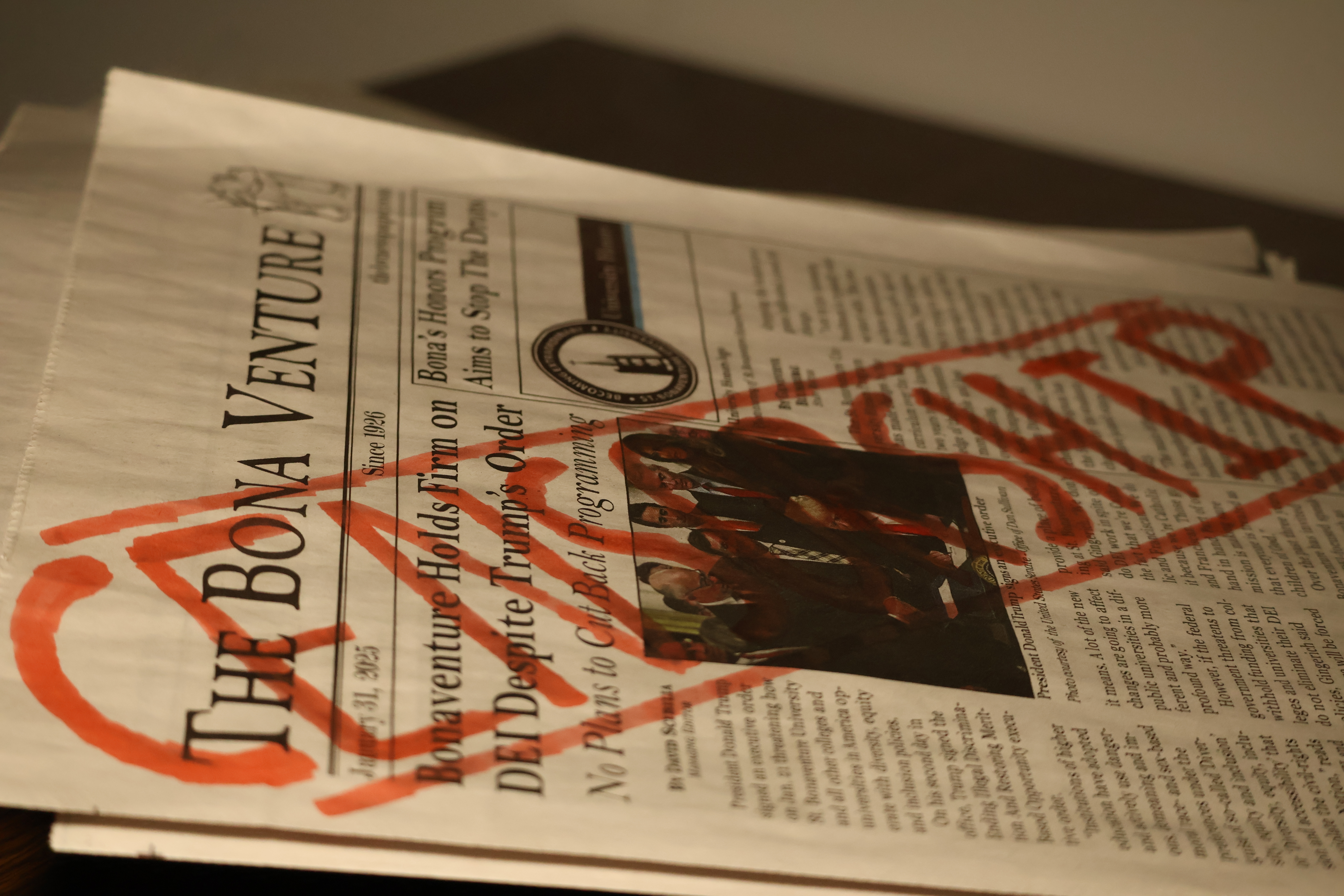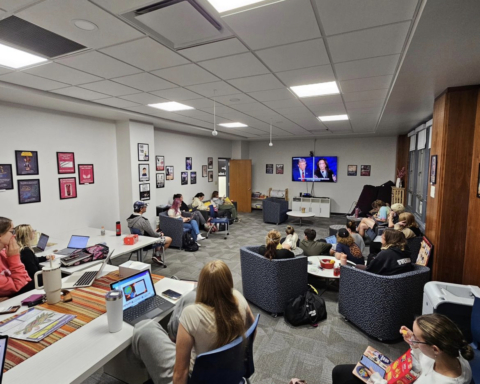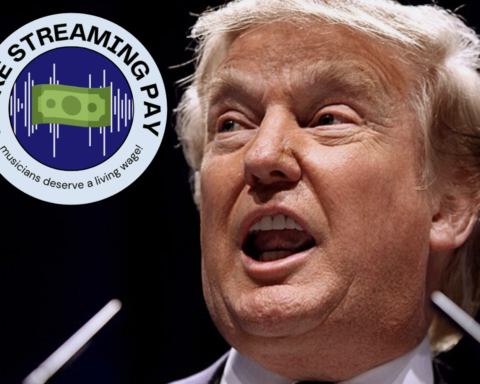By Diana McElfresh
Editor-in-Chief
People have told me that it must feel awful to have this election, of all possible elections, be the first one in which I cast my ballot for President of the United States.
The gripes against both major party candidates are serious. In some cases, the issues aren’t even about partisan politics but rather basic human decency. In a way, then, of course it makes sense that people say that this is a bad first election. But it doesn’t “feel awful.”
The opportunity to vote, to make a stand for a cause I believe in, no matter how minor that stand is, is a privilege.
There are countries in the world where presidential elections are non-existent. For example, according to the CIA World Factbook, in Vietnam, members of the National Assembly elect the president indirectly.
In a country like Syria, one’s vote almost doesn’t even matter — in the midst of a massive civil war against his regime, Syrian president Bashar al Assad won reelection in a landslide in 2014, receiving 88.7 percent of the vote, according to The Guardian. The catch? Voting only took place in “government held areas,” excluding rebel-held lands.
Even in the United Kingdom, the leader of the majority party in Parliament is usually appointed as prime minister. And the actual head of state, the queen, is obviously hereditary.
So, of course we’re lucky to get to exercise our right to vote. There are people who will say that, since our president is actually chosen by an electoral college, individuals’ votes are pointless. That’s simply false. If our votes were pointless, the U.S. wouldn’t continue to hold elections.
Our votes do matter — when we cast a ballot in November, we’re voting for Electors, who will ultimately choose the presidential candidate for our state. So, when people who lean red don’t vote in the election because their state will ultimately vote blue, and vice versa, they lose the ability to sway the electorate in their state a different way.
And of course, the electorate is often swayed. For example, according to Gallup, in 2008, 29 states were solid blue — meaning they were voting Democratic. Only four were solid red for Republicans. By 2015, 11 states were solid blue, while 12 were solid red. Six states “leaned” blue and one “leaned” red in 2008, which changed to three and eight, respectively, by 2015. Meanwhile in 2008, 10 states were up in the air, willing to go either way, while 16 were up in the air by 2015.
Public opinion matters in presidential elections—scratch that—in all elections. The only way to let your own opinion speak for itself is to actually cast a ballot.
Sure, I wish that my first election could have been in 1868 so I could vote for U.S. Grant. But, since I turned 18 in 2013, I’ll be satisfied casting my first presidential ballot in 2016. And I’ll remember to think about something I once read from former Secretary of State Condoleezza Rice — “Today, Americans have the opportunity to exercise one of our most precious rights… the right to vote. People across the world are fighting for the chance to elect their leaders and hold them accountable. Democracy can never be taken for granted.”








